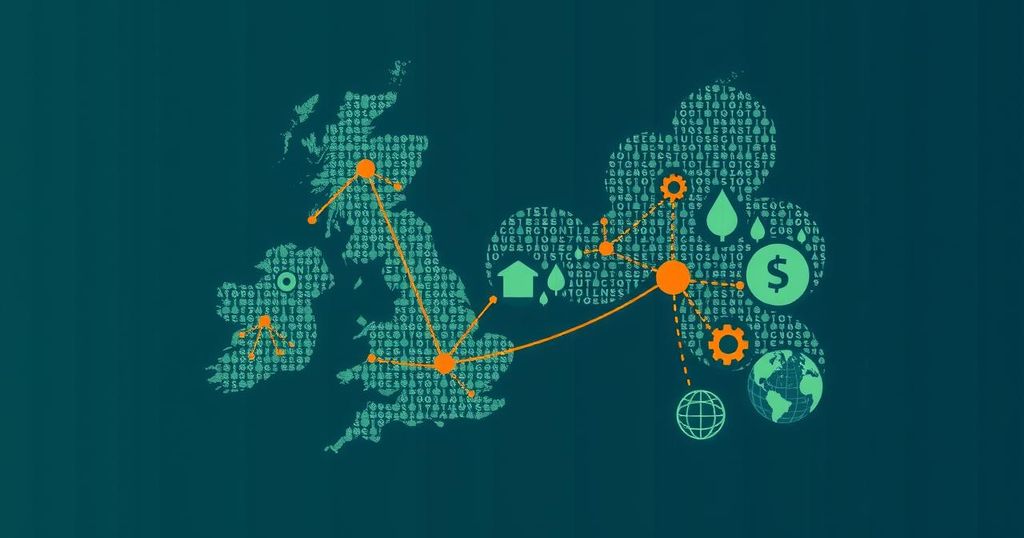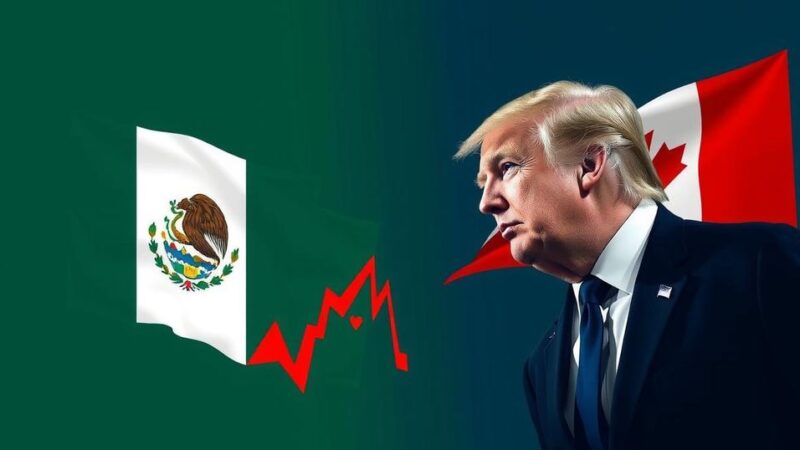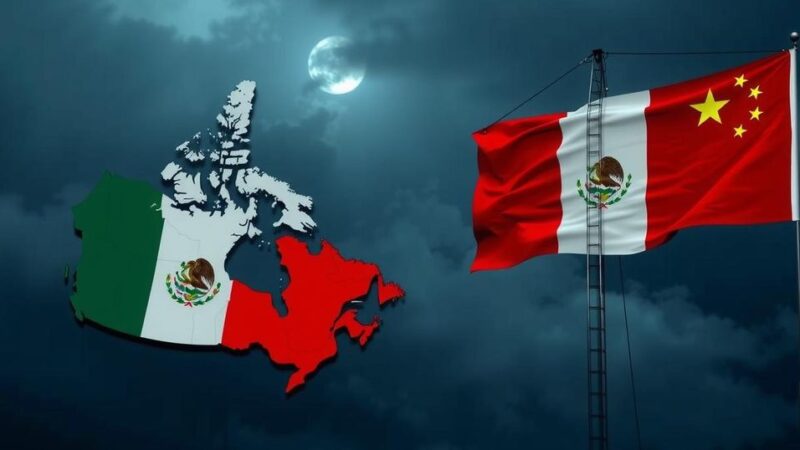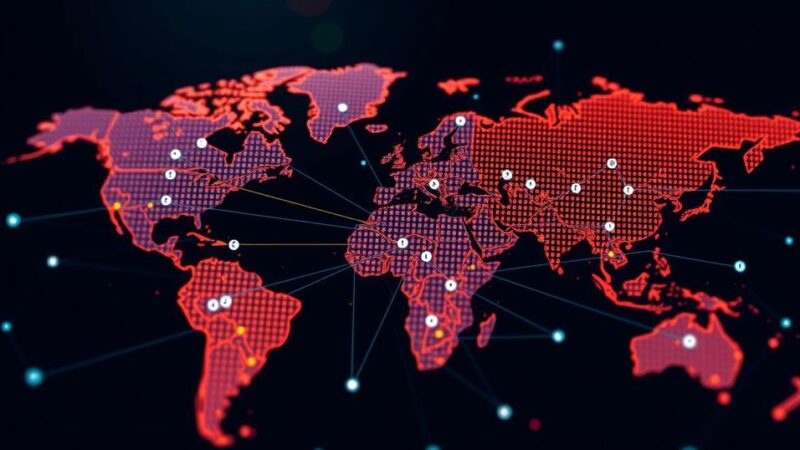In light of COP29, the UK and developed nations have pledged £240 billion annually to support climate initiatives in poorer countries. While this funding aims to confront climate challenges and facilitate transitions from fossil fuels, concerns about corruption and oversight remain. The complexities of implementing these commitments raise questions about the efficacy of such financial support.
In the lead-up to the COP29 climate summit, a significant announcement was made regarding South Africa’s state power company, Eskom, which vowed to reduce emissions from its coal-fired power stations in exchange for £2 billion in climate financing. Despite this pledge benefiting local communities plagued by severe pollution, concerns linger about corruption within Eskom, which reported monthly losses exceeding £44 million due to such issues. South Africa ranks among the world’s largest recipients of climate finance, highlighting the ramifications of global pledges intended to foster a zero-carbon future.
The recent COP29 commitments indicate a substantial increase in financing for climate initiatives aimed at assisting developing nations, with rich countries pledging to allocate £240 billion annually by 2035. While this represents a marked increase from previous pledges, critics, including climate activists like Greta Thunberg, are skeptical about the practical implementation of these funds, alleging that they may largely constitute “hot air.” The reality of such financing often involves complex negotiations with competing interests from both contributors and recipients.
The United Kingdom is positioned as a leading donor, second only to the United States, with its commitments and initiatives touted by Energy Secretary Ed Miliband as crucial for transitioning to cleaner energy while stimulating job growth. Historical context reveals that the UK has already achieved significant reductions in carbon emissions since 1971, positioning itself favorably within the global climate finance framework. However, scrutiny remains on who truly benefits from these funds.
Countries like India and Brazil, major recipients of climate finance, are also some of the largest polluters on the global stage. Despite progress in climate finance allocation, concerns regarding corruption persist, particularly in areas like South Africa, where transparency issues in climate programs raise doubts about the efficacy of fund distribution.
Reports from Transparency International underscore the risks of corruption dismantling the intended impact of climate finance, as billions could potentially vanish due to graft. Insufficient oversight complicates efforts to utilize funds effectively, particularly in regions that are concurrently grappling with both severe climate impacts and high corruption levels.
The unfolding narrative surrounding climate financing underscores a persistent tension between ambitious financial commitments from developed countries and real-world implications for developing nations, particularly those heavily reliant on fossil fuels. The complexities associated with implementing these pledges amid challenges like corruption and ineffective governance illuminate the difficulties facing efforts to achieve a sustained transition to renewable energy. The COP conferences have emerged as pivotal platforms for addressing global climate change, with nations collaborating to formulate collective goals and strategies for curbing emissions and supporting affected communities. The increasing scrutiny on who effectively manages and benefits from climate financing reflects broader issues associated with accountability, transparency, and geopolitics in the climate action landscape.
In summary, while the pledges for climate finance made at the COP29 summit signify a step towards addressing global warming and supporting vulnerable nations, the practical realities reveal significant challenges. The interplay of corruption, accountability, and effective fund distribution remains a concern, particularly in countries like South Africa. The promptness with which governments balance ambitious climate goals with critical oversight will determine the actual impact of these financial commitments on global efforts to mitigate climate change.
Original Source: www.telegraph.co.uk






